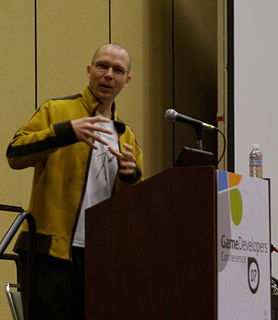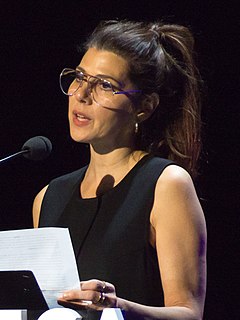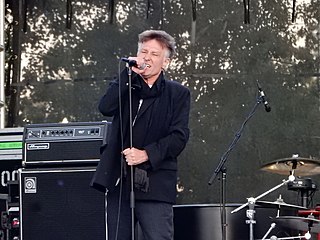A Quote by Daniel Radcliffe
I don't know why that is, but English politics is just so overly white. It's very much about the class structure.
Related Quotes
One respect in which I'm very much my father's son is how I feel about Joyce. 'Ulysses' is very much about daily life, when you get into this other guy's life and you learn about the things he cares about, and why he cares about them. And then, very indirectly, very subtly, you learn why politics has impacted his life, too.
At least I like to keep it the same. That's why I've got all the same friends. That's why I go back to Leeds as much as possible. I don't know if you know much about England, but Yorkshire is a very sobering place. In the North. It's very gritty. Old mining villages. And people don't really care about celebrities up there. And it's great. And that's why I get back there whenever I can. 'Cause it keeps me very grounded, and it keeps my life very normal, whatever that is.
You know, in college, I never got either degree, but I was a double-major in Computer Science and English. And English at Berkeley, where I went to school, is very much creatively-driven. Basically, the entire bachelor's degree in English is all about bullshitting. And Computer Science, which was my other major, was exactly the opposite of that. You had to know what you were doing, and you had to know what you were talking about.
There are still Negro elites. Many of them are obviously much richer, and perhaps a little more integrated into what remains a white power structure. But those old rituals from the social clubs, to the broadly segregated white and black schools, to an obsessive interest in ancestry, all of that does still exist. Look: we are a class-bound society.
The degree to which I try to be honest that there's some Donald Trump in all of us. The seduction of the promise of order, the politics of white fear, it's not just some other group of uneducated white people who are susceptible to those appeals. It's everyone. And not just white people, frankly. All Americans have this susceptibility to a politics of fear and order that I think we have to be really honest about.
I don't have an opinion about whether or not politics should appear more in fiction or not, generally. I think politics are a part of life, but a part of life that most people don't think about very much, most of the time. Or, people think about it superficially and they talk about it superficially because they don't know very much.
Of course, an English aristocrat might have some contact with the staff downstairs and could adequately say a thing or two about inter-class dramas unfolding in the household. But something less parochial might be harder to come by. This is relevant because stories about the divisiveness of class are by definition stories that straddle class boundaries. A story about a miner in a mining town is not obviously one that speaks to the divisiveness of class. In other words, class doesn't just divide us in the world but it also divides us in the stories we're presented.



































